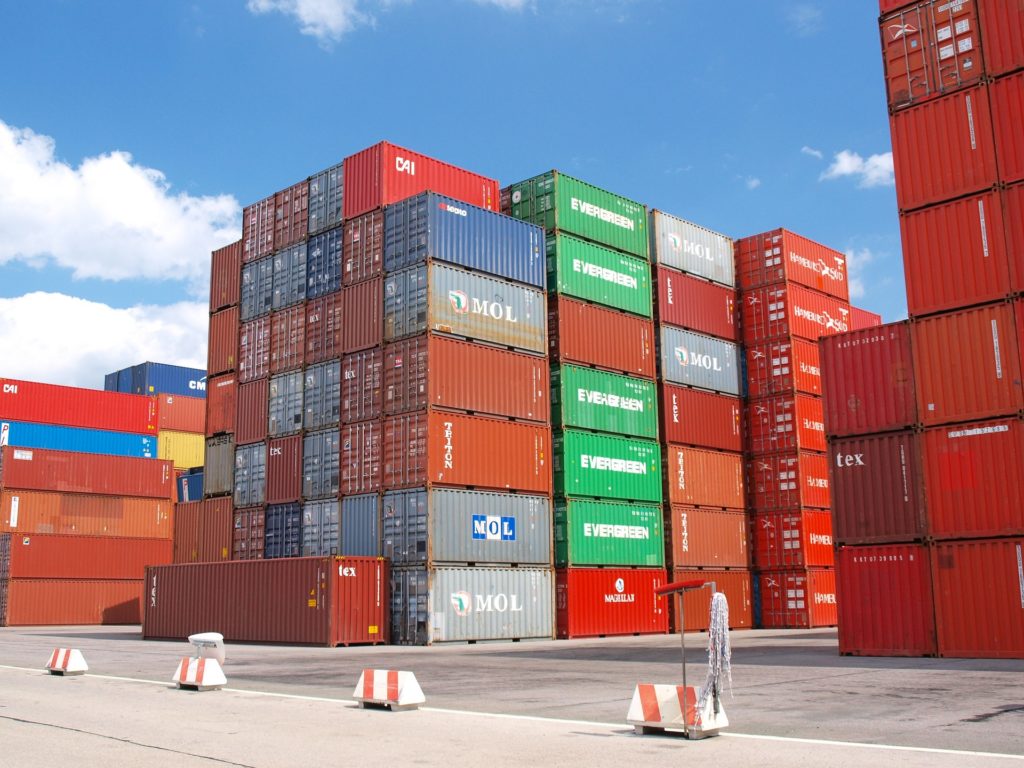January 23, 2022
Sophia Poteet
The CNS Washington, DC office welcomed government officials from across Latin America and Southeast Asia in July and October 2022, respectively, for training, academic discussions, and presentations on nonproliferation export controls as part of the National Nuclear Security Administration’s (NNSA) Office of Nuclear Export Control (ONEC) Export Control Fellows program. The 2022 fellowship program, jointly developed by CNS, the Center for Policy Research (CPR) at the University of Albany, and the ONEC, provided opportunities for government officials working on trade control-related areas to engage in intensive academic studies on export control systems over several weeks. Export controls provide essential tools for preventing non-state actors and proliferators from acquiring WMD-relevant commodities. Both the July and October programs consisted of 5 weeks of virtual programming, followed by an in-person week in Washington, DC.
The Latin America and Southeast Asia-focused programs represented the 17th and 18th iterations of the Export Control Fellows Program, which was launched in 2005 by the ONEC. The CNS DC visit component of the Latin America-focused program, held in July, also brought together fellows from both the 2022 and 2021 programs, the latter group having participated in a fully virtual program last year due to COVID-19 related travel restrictions. Participants included government officials from Argentina, Brazil, Chile, Mexico, and Panama. This was followed by the Southeast Asia-focused program, featuring participants from Indonesia, Malaysia, the Philippines, Thailand, and Vietnam and which was conducted from August to October, with the fellows’ CNS DC visit taking place in early October.

Shipping containers used in maritime trade, one trade sector which is relevant to export controls.
The DC location for the final week of the program allowed fellows to engage with representatives from across the U.S. government’s broad array of agencies and departments working on strategic trade controls. Fellows began the week by hearing from Joy Ferguson, the Program Director of the ONEC’s International Nonproliferation Export Control Program. Speakers throughout the week included representatives from other offices at NNSA, the Department of State’s Export Control and Related Border Security Program, the Department of Homeland Security’s Homeland Security Investigations, and the Export Enforcement Coordination Center and the Department of Commerce’s Office of Nonproliferation and Treaty Compliance.
Given the key role of industry and the private sector in strategic trade controls and dual-use items, fellows also had the opportunity to engage with business representatives. Kevin Cuddy from the Export Regulations Office at IBM provided a practitioner’s perspective on industry export compliance, while July’s program also featured Mi-Yong Kim from Bass, Berry & Sims, PLC, who provided insights on the role of legal consultancies in export controls.
The October program also featured a roundtable of CNS experts, including Dr. Ian Stewart, Executive Director of the CNS DC office, and CNS Research Associates Cameron Henderson and Eric Woods, discussing recent CNS-led research into technology acquisition challenges in an era of strategic competition, and a corresponding CNS-published Sectoral Guidance for industry (see: tradecompliance.io). Dr. Stewart also provided remarks welcoming the Fellows to CNS DC, along with a welcome via videoconference from CNS Founding Director, William Potter.
Fellows with each regional program ended the week in DC by presenting their research on an export control-related topic relevant to their specific job responsibilities and country’s needs. These presentations were based on analytical papers, which fellows wrote with support from CNS and CPR experts as their program mentors, including Robert Shaw, Director of CNS Export Control and Nonproliferation, and Hyuk Kim, CNS Research Associate.
While the week in DC marked the end of specific programming for the 2022 Fellowship, the program positions the fellows to apply the practical knowledge gleaned from participation in the fellowship to their job responsibilities upon their return home. CNS wishes to thank all involved in the support of this program, particularly our sponsors at NNSA’s ONEC and the guest speakers whose involvement made the in-person week of engagement in DC possible.
